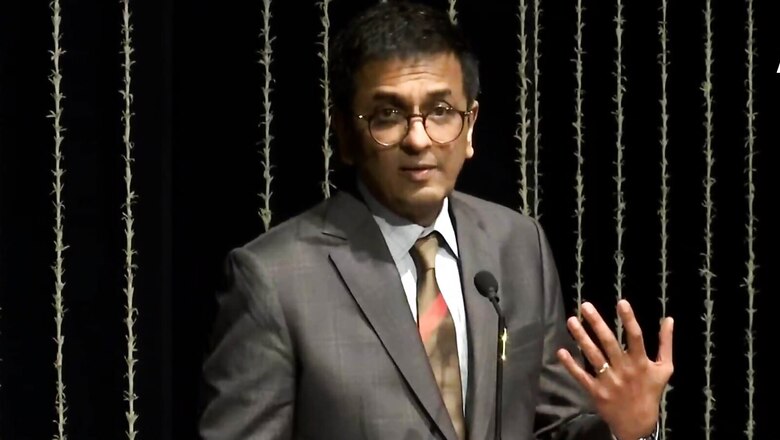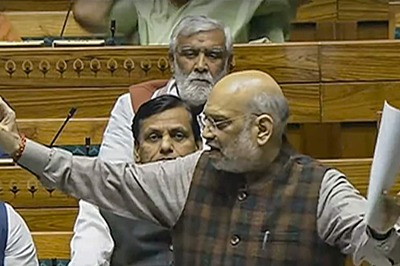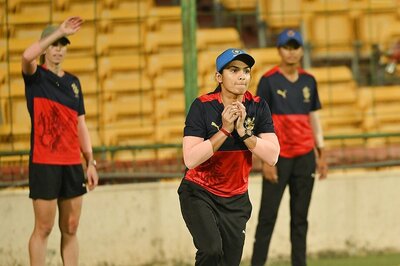
views
Chief Justice of India D Y Chandrachud Wednesday said the Supreme Court will provide over 1,200 apex court judgments in 13 scheduled languages from the 74th Republic Day on Thursday.
As soon as the bench assembled for the day, the CJI told the lawyers the apex court will operationalise the part of the electronic-Supreme Court Reports (e-SCR) project for making available verdicts in 13 scheduled languages including Hindi, Odia and Marathi free of cost.
“We have the e-SCR, which now has nearly 34,000 judgments and an elastic search facility. We also now have 1268 judgments in regional languages which will be launched tomorrow on the Republic Day,” the CJI said.
“On the occasion of the 74th Republic Day, the Registry of Supreme Court is releasing translation of 1268 judgments in different Indian languages. The translated versions of some Supreme Court judgments are being made available in thirteen Indian languages Assamese, Garo, Hindi, Kannada, Khasi, Malayalam, Marathi, Nepali, Odia, Punjabi, Tamil, Telugu and Urdu,” a statement issued by the top court said.
To begin with, the translation of 1268 judgments-1091 Hindi, 21 Odia, 14 Marathi, 4 Assamese, 1 Garo, 17 Kannada, 1 Khasi, 29 Malayalam, 3 Nepali, 4 Punjabi, 52 Tamil, 28 Telugu and 3 Urdu are being made available on the e-SCR portal, the CJI said earlier in the day.
He also said the apex court was on a mission to provide its judgements in all scheduled languages.
There are 22 languages in the 8th Schedule of the Constitution including Assamese, Bengali, Gujarati, Hindi, Kannada, Kashmiri, Konkani, Malayalam, Manipuri, Marathi, Nepali, Odia, Punjabi, Sanskrit, Sindhi, Tamil, Telugu, Urdu, Bodo, Santhali, Maithili and Dogri.
The verdicts, as part of the e-SCR project, are available on the apex court website, its mobile app and on the judgment portal of the National Judicial Data Grid (NJDG).
The top court had on January 2 announced the launch of the electronic Supreme Court Reports (e-SCR) project to provide free access to its about 34,000 judgments to lawyers, law students and the common public.
“This is a free service available for lawyers across the country. Young juniors do not have to pay. There is an elastic search facility. We are improving upon the search engine by incorporating the following, distinguished and incorporated judgments in a few weeks..,” the CJI had said referring to some of them.
He had said as of now, the judgments delivered till January 1, 2023 will be made available.
Lawyers, while arguing in courts, refer to the reported judgments supporting their matters by using law journals including the ‘Supreme Court Reports’.
The Electronic Supreme Court Reports (e-SCR) project is an initiative to provide the digital version of the apex court’s judgments in the manner as they are reported in the official law report – ‘Supreme Court Reports’.
The Supreme Court has developed a search engine with the help of the National Informatics Centre comprising elastic search technique in the database of e-SCR and the search facility in e-SCR provides for free text search, search within search, case type and case year search, judge search, year and volume search and bench strength search options, it said. P
Read all the Latest India News here




















Comments
0 comment